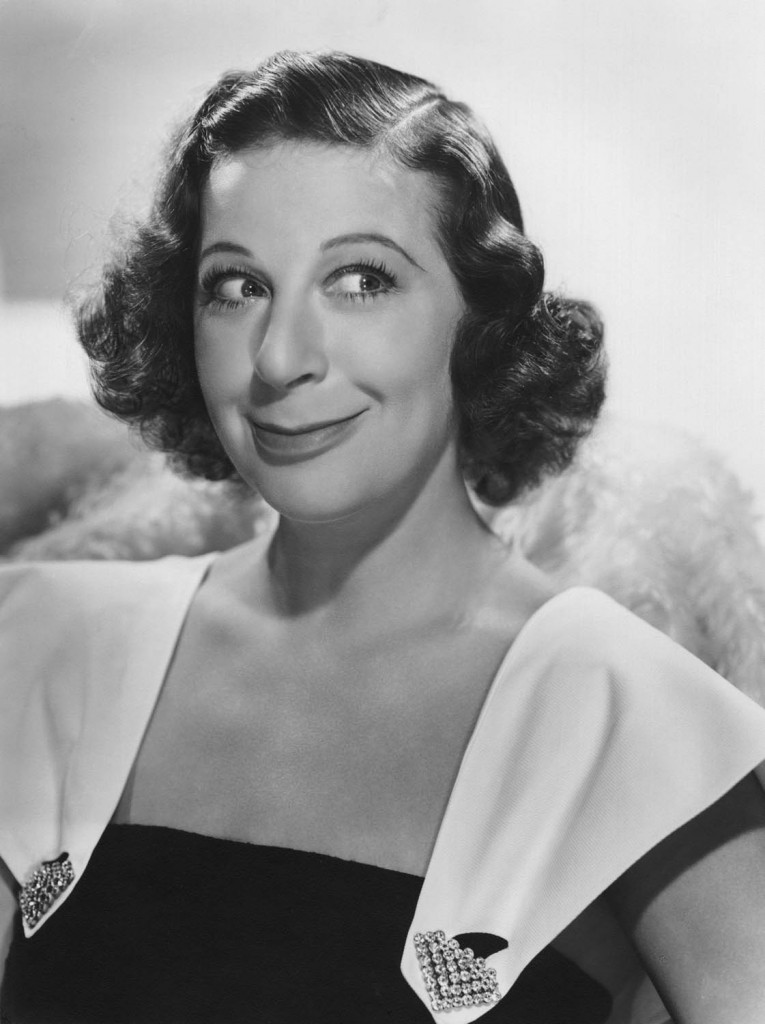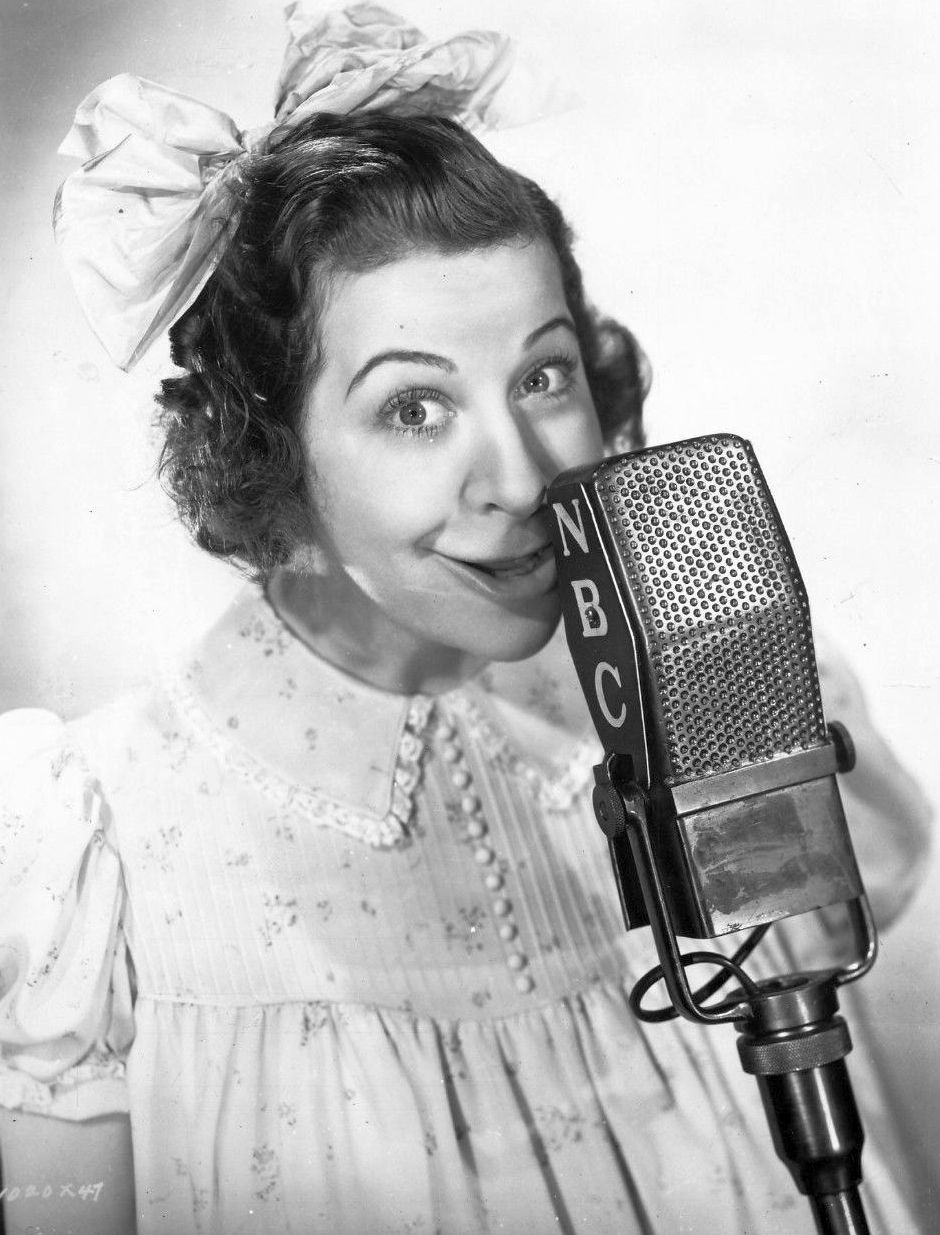
We have only traces of what made Fanny Brice so important and so successful- a few audio recordings of her singing or in skits, a few film appearances, photographs, and descriptions by people who saw her perform. And so people who were powerful or important performers are hard to write about unless their performance was captured somehow (on film, etc). Unlike other arts-visual arts like painting and sculpture, textual arts like stories or poetry, even musical composition-performance is utterly ephemeral it leaves no record of itself, only (at best) of people's description of or reactions to it. We have only traces of what made F Theatre, performance in general, is a funny thing to write history about.

Theatre, performance in general, is a funny thing to write history about. Now, with Fanny Brice, Goldman provides an equally accomplished portrait of the greatest woman entertainer of that illustrious era, a volume that will delight every lover of the stage. Fields wrote that Goldman has captured not only the wonderful feel of Al Jolson but the heartbeat of his time. The Philadelphia Inquirer said it was the most comprehensive biography to date, and Ronald J. Steve Allen called it an amazing job of research and added Goldman's book brings Jolson back to life indeed. Goldman's biography of Al Jolson has been hailed by critics, fellow biographers, and entertainers alike. Through it all, she remained unaffected, intelligent, independent, and, above all, honest. As she herself remarked, I never liked the men I loved, and I never loved the men I liked. Her first marriage was over almost as soon as it was consummated, and her third and last marriage, to Billy Rose, the Bantam Barnum, ended acrimoniously when Rose left her for swimmer Eleanor Holm. The great love of her life, the gangster Nick Arnstein, was dashing, handsome, sophisticated, but at bottom, a loser who failed at everything from running a shirt hospital to manufacturing fire extinguishers, and who spent a good part of their marriage either hiding out, awaiting trial, or in prison. But her personal life, as Goldman shows, was less successful. She was probably the greatest comedienne the American stage has ever known as well as our first truly great torch singer, the star of some of the most memorable Ziegfeld Follies in the 1910s and 1920s, and Goldman covers her theatrical career and theatre world in vivid detail. He reveals a woman who was a curious mix of elegance and earthiness, of high and low class, a lady who lived like a duchess but cursed like a sailor. In a work that is both glorious biography and captivating theatre history, Goldman illuminates both Fanny's remarkable career on stage and radio-ranging from her first triumph as Sadie Salome to her long run as radio's Baby Snooks-and her less-than-triumphant personal life.
#Fanny brice movie
Goldman, acclaimed biographer of Al Jolson, illuminates the life of the woman who inspired the spectacularly successful Broadway show and movie Funny Girl, the vehicle that catapulted Barbra Streisand to super stardom. Fanny Brice was indeed show business personified, and in this luminous volume, Herbert G. I've played in London before the king and in Oil City before miners with lanterns in their caps. I've painted the house boards and I've sold tickets and I've been fired by George M.

I've doubled as an alligator I've worked for the Shuberts and I've been joined to Billy Rose in the holy bonds. I've acted for Belasco and I've laid 'em out in the rows at the Palace.

I've p I've done everything in the theatre except marry a property man, Fanny Brice once boasted. I've done everything in the theatre except marry a property man, Fanny Brice once boasted.


 0 kommentar(er)
0 kommentar(er)
